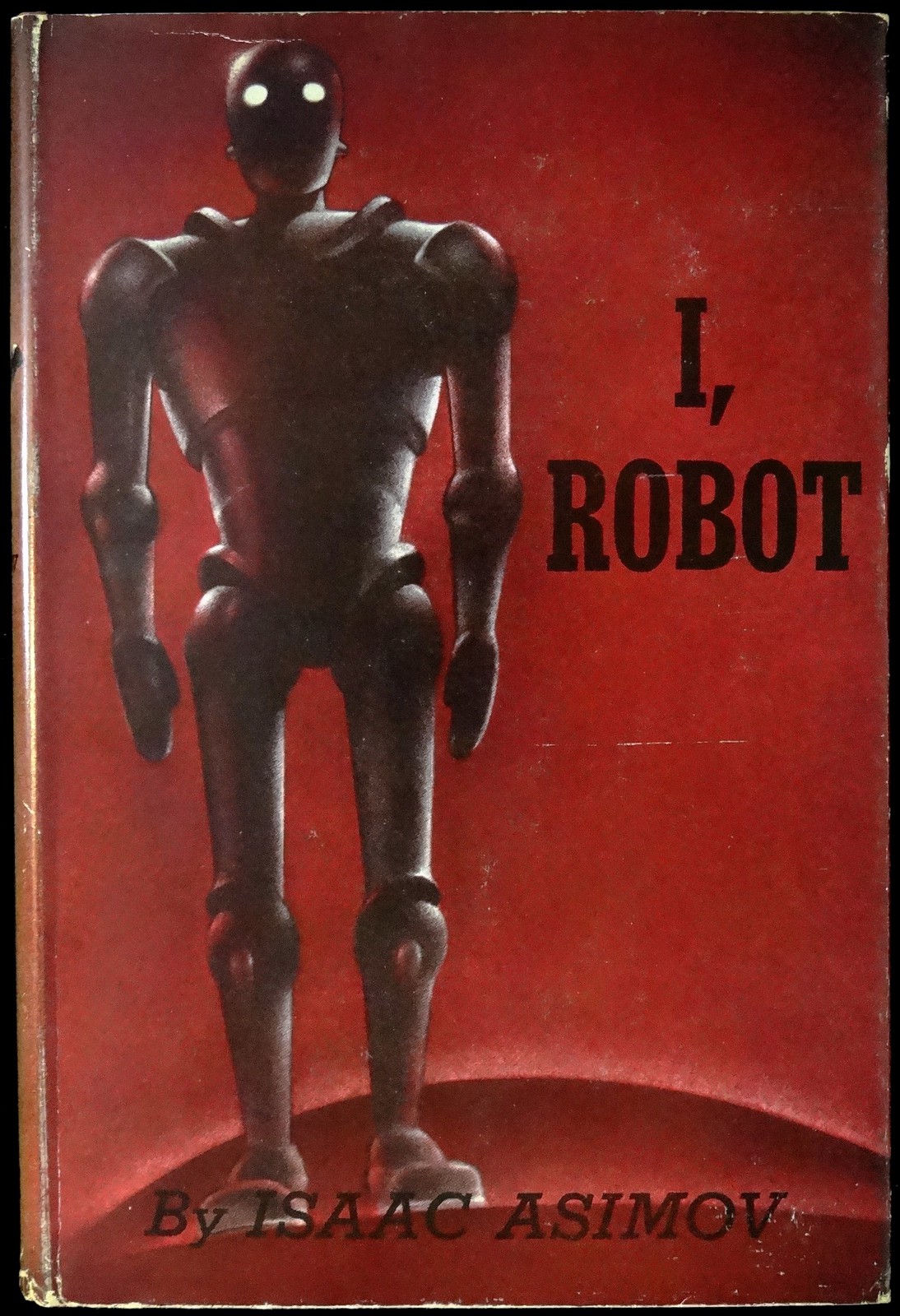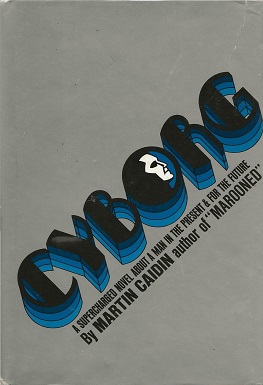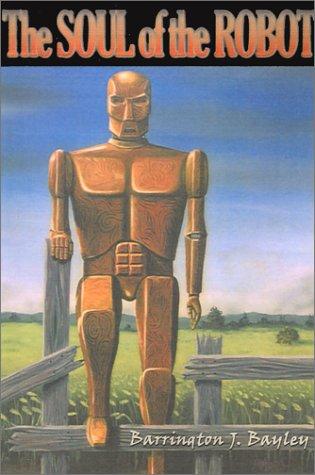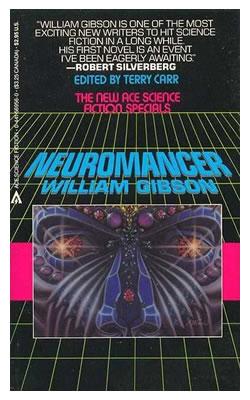 I would all like you to give a warm welcome to my guest here at CRR's! She is going to be giving us a 3 part series about Science Fiction! She is an awesome writer and she has some great insight!
I would all like you to give a warm welcome to my guest here at CRR's! She is going to be giving us a 3 part series about Science Fiction! She is an awesome writer and she has some great insight! Maria is a writer interested in comic books, cycling, and horror films. Her hobbies include cooking, doodling, and finding local shops around the city. She currently lives in Chicago with her two pet turtles, Franklin and Roy. You can follow her on Twitter @MariaRamos1889.
Here is part 1 of Maria's posts about Science Fiction. :)
******
So many of the science-fiction trends
that are popular today can be traced back as early as the fifties.
Recent films that use science-fiction as a vehicle for social
commentary (such as District
or even Pacific
Rim) owe a tremendous amount to cold war era science fiction
writers.
Writers from the past mused about an
age when robots would surround us. We’ve arrived at the dawn of
that age — today, artificial intelligence (AI) encompasses
everything from the satellite-based
GPS mode in cell phones that help people navigate, to the
automated home security systems sold by ADT
in Durham, to the surgical robots presently in use at hospitals
in Houston.
For every useful application of modern
AI, however, we must remain alert. Whether AI and its development
into more and more complex forms will ultimately help or hinder the
human race going forward is often a point of debate and contention,
and it’s also a theme which links the following novels that,
although written over the span of the past 70 years or so, are often
considered among the best in robot science fiction.
- I, Robot (1950) by Isaac Asimov — This "novel" is actually a series of short stories which revolutionized robot fiction by providing us with "The Three Laws" of robotics the short story Runabout. Asimov’s “laws” establish a basis for exploring the relationship between humans and robots throughout not only Asimov’s work, but science-fiction in general. Not only did Asimov continue to explore the psychological and sociological implications of human dependence on artificial intelligence in the form of robots, but he set the foundation for other authors to do the same.
- Cyborg (1972) by Martin Caiden — This one formed the basis for the 1970's television The Six Million Dollar Man, starring Lee Majors as Steve Austin, the novel's main character, a former astronaut turned “bionic man” who was injured in a test flight that should have killed him. However, while the television series focused mainly on his life after receiving all the cybernetic implants (both legs, one arm, and one eye), the novel explores the issues of the man dealing first with the devastating injuries and then with the existential crisis of living as a man/machine hybrid. There is also a reboot currently in production that will star Mark Wahlberg.
- Do Androids Dream of Electric Sheep? (1968) by Philip K. Dick — As relevant today as when it was originally published, this novel explores the meaning of humanity by contrasting humans and robots of higher intelligence. It does so through the story of a bounty hunter sent to deactivate and destroy a set of androids that have escaped their owners and are now on the loose in a futuristic and dystopian earth. The novel was the original source material for the Ridley Scott movie Blade Runner.
- The Soul of the Robot (1974) by Barrington J. Bayley — This is a simpler tale that nonetheless sticks to the theme of exploring what it means to a machine to be human. It is the tale of the only robot with consciousness, or a soul, if you will, and his struggles with what to do with it and how to prove that, although machine, he is at least the equal to the flesh and blood humans all around him. It’s quite similar to a story that Asimov published two years later, The Bicentennial Man, which was made into a film in the nineties starring Robin Williams.
- Neuromancer (1984) by William Gibson — Hardcore cerebral sci-fi, this gem comes from the author who first coined the phrase "cyberspace," a concept used liberally in this novel. The basic plot follows a has-been computer hacker/drug addict who is recruited for his nefarious skills by a less-than-reputable party. From there, the characters physically travel in and out of cyberspace and the matrix, and the reader is taken in and out of the consciousness of several characters, a consciousness that is found to also be eminently transferable to said cyberspace and mingled with superior artificial intelligence, blurring the lines between humanity and AI.
Regardless of whether you follow the debate over artificial intelligence and whether it will be the salvation or doom of mankind eventually, the above novels each provide entertainment mixed with food for thought, making them as relevant today as the day they were first published.







5 comments:
I do not read enough
Same here.
I read Asimov and Philip K. Dick, but not the others. This is an amazing list! :)
I confess that I'm not a big fan of Sci-fi but it was interesting. thanks for sharing!
Philip Dick and Gibson are two of my fav sic-fi writers, thank you for featuring them!
Post a Comment